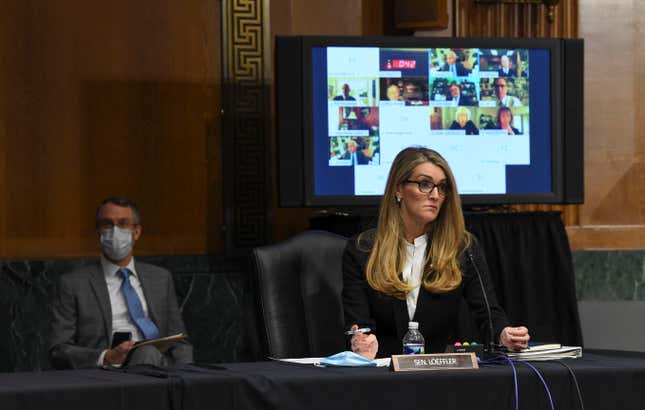This Story About a Georgia Senate Race Includes: Doug Collins, Attila the Hun, and a Racist Novel About Slavery
Politics

In just a few weeks, all 21 senate candidates in Georgia’s clown car of a special election are set to begin their debates, bringing a spectacularly chaotic race to its logical conclusion: A messy public battle between several people who have no business opining on the key issues of the day.
Both races in Georgia have garnered some national attention, particularly in a year when Democrats only need to secure three or four seats to gain control of the Senate. In the more pedestrian race, which pits the Republican senator David Perdue against the Democrat Jon Ossoff, polls have suggested the race may be close in a traditionally conservative state—a margin that’s drawn political action committees and other outside spenders to pour over $83 million in recent months. And in the special election, which has drawn almost two dozen candidates who will all appear on the ballot without the limiting or sanity-inducing factor of a primary, any of the 21 people running who received more than 50 percent of the vote could theoretically win.
Atlanta Magazine has quite aptly referred to the whole situation as a Battle Royale.
-

-

-

-

-

-

-

-

-

-

-

-

-

-

-

-

-

-

-

-

-

-

-

-

-

-

-

-

-

-

-

-

-

-

-

-

-

-

-

-








































